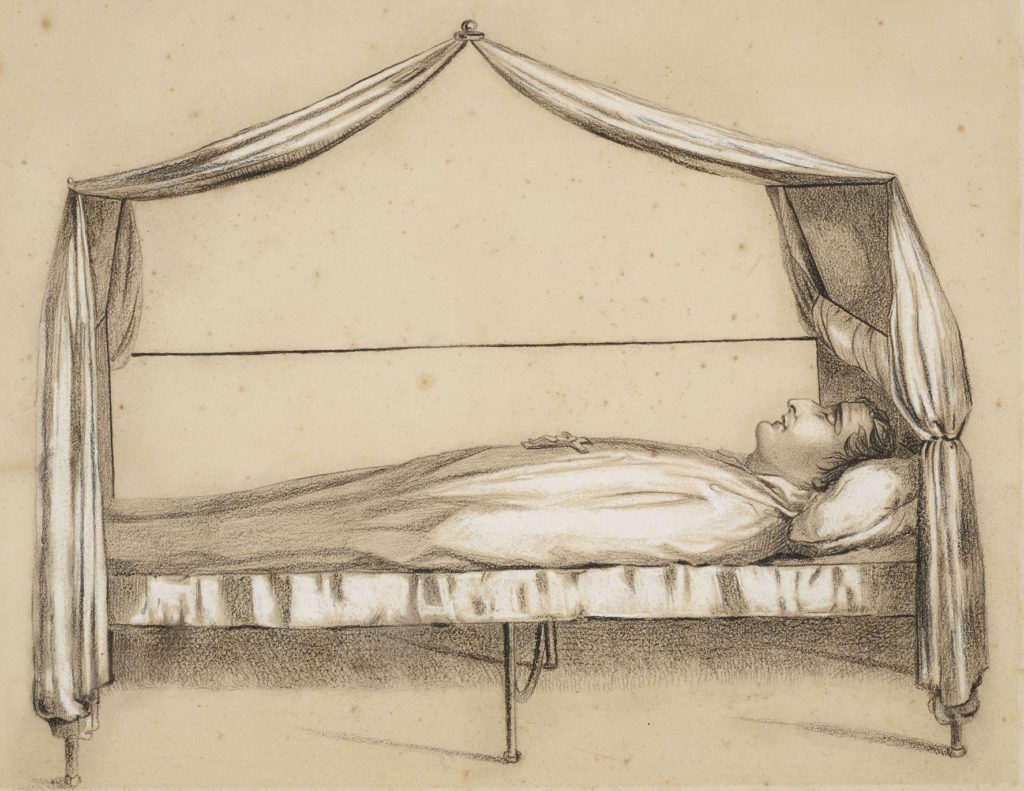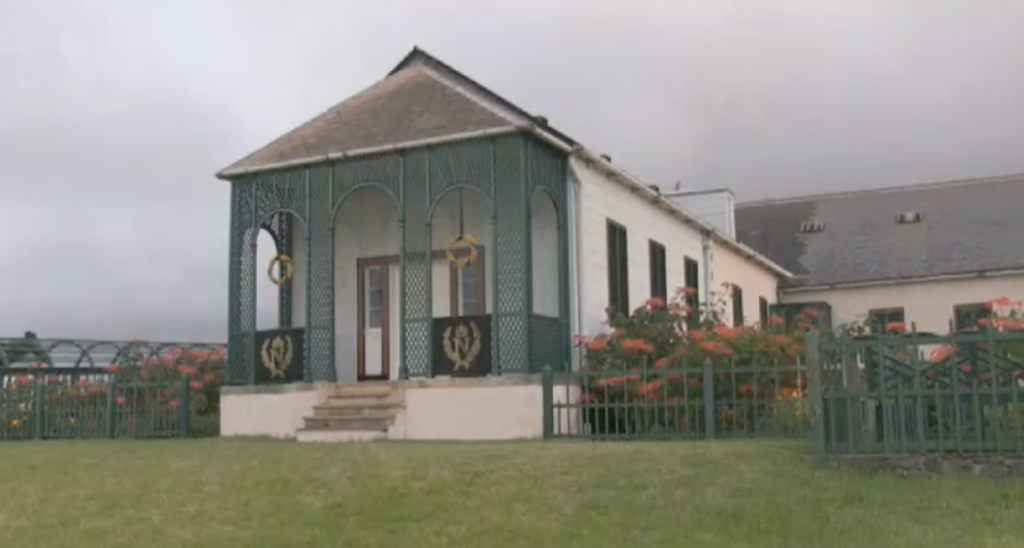FINDING NAPOLEON: 200 YEARS AFTER HIS DEATH

Napoleon died on St. Helena Island on May 5, 1821, two hundred years ago today. Ceremonies were held in Paris and on St. Helena. His legacy—both revered and reviled—is as divisive as it ever was. Roger Cohen’s article in today’s New York Times does a better job than I can at capturing the cultural and political currents that swirl around Napoleon in France at this moment:
https://www.nytimes.com/2021/05/05/world/europe/france-napoleon-macron.html
The exiled emperor’s death on St. Helena figures prominently in my novel FINDING NAPOLEON. Having visited the island for my research, I have great fondness for that remote outpost. Like most of us, its population suffered due to the covid pandemic. They had meticulously prepared for an influx of tourists for the May 5 commemorations. Instead, they had to shut themselves off from the world. Sadly, a once-in-a-lifetime opportunity to build a sorely needed tourist trade vanished.
In their honor, here’s a link to St. Helena’s ceremony at Napoleon’s residence Longwood House, held today for an international audience via Live YouTube:
https://www.youtube.com/watch?v=cEtcGIstCys
Napoleon Bonaparte said that history is “a set of lies agreed upon.” Another Frenchman, Albert Camus, said that “fiction is the lie through which we tell the truth.” In my opinion, historical fiction, like my novel FINDING NAPOLEON, can help reconcile those two statements.
First, I agree with the notion that we should write and rewrite history as facts become known and as our cultural perspective—our humanity—defines better, deeper truths about ourselves.
Likewise, historical fiction employs “story” to turn today’s lens on the past. It carries us into another time and place where today’s rules don’t apply. I hope readers will raise their eyes from reading the page or screen, shocked at the blind cruelty and inequity of the past. Most of all, I hope that shock brings clarity to our present actions.
So, on this 200th anniversary of Napoleon’s death, I recognize both those who believe Napoleon’s legacy should not be celebrated and those who commemorate his accomplishments. Personally, I celebrate all I’ve learned from my study of his era. Above all, I wish the people of St. Helena Island well. In support of their preservation of the Napoleonic sites on the island, I participated in the laying of Everlasting daisies on Napoleon’s gravesite.


